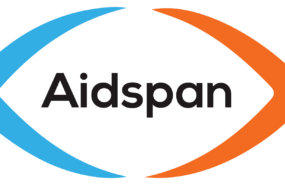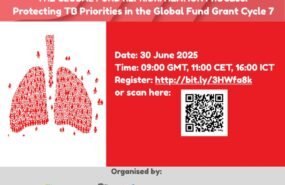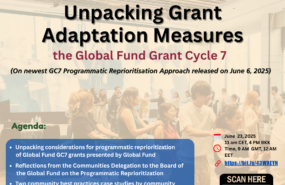Budget advocacy
- 27.09.2016 22:51
- Post Views: 932
People have the right to influence state decisions their life depends on. State budget is a main tool of implementations of such decisions. Civil society play main part in provision of participation of these people in the process.
Budget advocacy doesn’t mean that people just ask for money – they help the government to effectively perform their responsibilities. They ask to use funds more rationally and to solve socially significant society problems. They want to influence system of funds allocation.
While doing budget advocacy, it is important to remember about social protection of people and effective use of funds allocated for healthcare.
Apart from money, you can request certain actions, for example, integration of organization services into state services, and resources, for example, provision of premises on favorable rent terms or free tickets for social workers in public transport while performing their duties if they involve travelling around town/region.
Any advocacy activities should take into consideration social accountability cycle: policy drafting – planning – budgeting – funds allocation – services provision.
Solid arguments are important for successful advocacy. Advocates should participate in every stage of social accountability cycle, budget committees etc. Compare what you want to offer to what already exists. Look through current budget – knowledge of its clear structure helps to find necessary arguments. In some countries there are open systems of state procurement tracking, you can also use this data.
All promises of authorities should be documented.
It is important to understand who we advocate our interests through, what are influence spheres of this person, what he does for a living, what political forces he supports etc.
Don’t forget: you DON’T ASK FOR money, you OFFER OF-THE-SHELF SOLUTIONS, which allow state to effectively use their resources and save money.
What should you remember in advocacy process:
- Offer rational and justifiable solutions
- Make negotiations public
- Offer state to save money
- Offer of-the-shelf solutions
- Create broad coalitions
- Make project a part of town/region infrastructure
- Find out where you can take money from, where it is spent irrationally
- Participate in all levels of state policy implementation
This publication is prepared by Tetiana Senyk within the Regional Platform-EECA project and is based on the speech of Maksym Demchenko (“Light of Hope”) in the “First regional partnership advocacy meeting” (TB-REP project).
Services for migrants and refugees from Ukraine – HIV/TB care with a focus on key populations
Due to the increasing flows of refugees from Ukraine because of Russia’s invasion of Ukraine, the EECA Regional Platform created a spreadsheet to fill contacts details of face-to-face and online services for refugees and migrants (with a focus on HIV/TB care and key population groups).
Regional Platform – EECA
This web-resource is a part of new regional communication and coordination project “Regional Civil Society and Community Support, Coordination and Communication Platform - EECA”, implemented by Eurasian Harm Reduction Association (EHRA).
Tags
See also
-
Grant Cycle 7 Reprioritization: How can communities prepare? 02.07.2025 12:03
-
Webinar: Using Global Fund's Data for Advocacy 12.06.2025 12:00
-
GC7 Grant Reprioritization: Updated Timelines 10.06.2025 14:37







